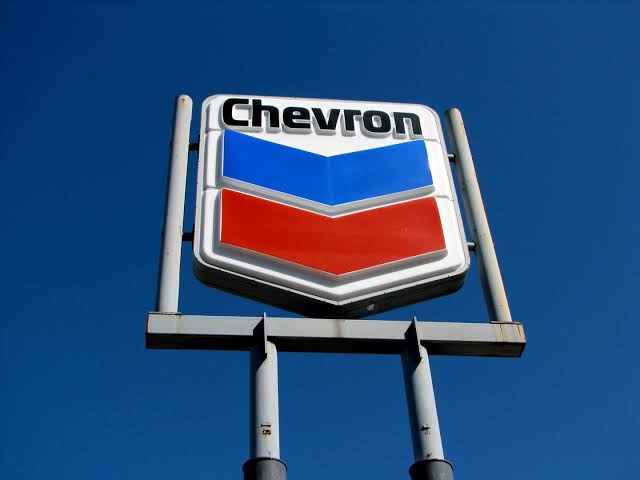Chevron is expanding its exploration acreage in Nigeria and Angola, targeting a production rebound after years of decline.
The company’s Vice President, Global Exploration, Liz Schwarze, said that Chevron was interested in ramping up its activities in the African countries where there had been a decline in production in recent years.
West Africa is “such a hydrocarbon-rich part of the world and relatively under-explored compared to other jurisdictions,” said Schwarze. While some peers are heading for the exit, Chevron is adding multiple blocks.
In Nigeria, where oil production has slipped about half a million barrels a day over the last five years, Chevron acquired a stake in a new exploration block and made a separate discovery last month, Schwarze said.
The company also took on two deep-water licenses in nearby Equatorial Guinea, another declining producer. “The proof is in the action,” Schwarze said in an interview with Bloomberg in Cape Town.
The biggest crude producers on the continent have fallen far below their peak production levels as oil majors have focused their investments elsewhere or departed countries completely after decades of operations.
Frontier exploration remains an important aspect of Chevron’s search for resources on the continent, Schwarze added.
The company started drilling a well in Egypt this month and plans to start an exploration campaign in Namibia in December. In Angola, which quit the Organization of Petroleum Exporting Countries (OPEC) last year following a slump in its crude output, Chevron added deepwater blocks 49 and 50.
Chevron’s recent oil discovery in the Niger Delta also has the potential to produce up to 17,000 barrels per day.
The discovery, termed a “near-field find,” was made with the Meji NW-1 well within Petroleum Mining Lease 49, according to a statement from Chevron released last month.
President Bola Tinubu recently set a target to increase Nigeria’s crude oil production to 4 million barrels per day by 2030, amid the departure of multinational companies from onshore operations.
In the first instance, the country aspires to raise oil production by 1 million barrels per day in the next 24 months, although ENI, AGIP, Shell, and Exxon Mobil are selling off their onshore oil and gas assets in the country.
Nigeria currently produces around 1.35 million barrels of crude oil per day, excluding condensate, which is below its OPEC quota of 1.58 million bpd.

